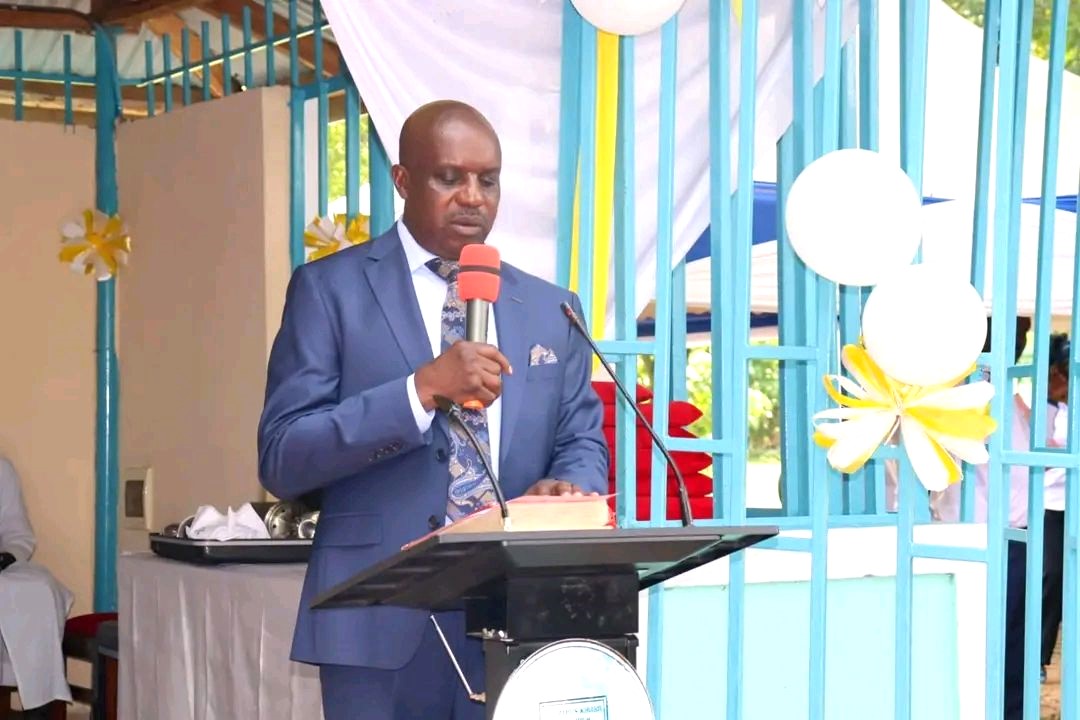The Ministry of Education (MoE) has introduced comprehensive financial and procurement controls to enhance transparency, accountability, and prudent use of public funds in Senior Schools.
The reforms seek to align school financial management practices with national public finance laws and global standards of good governance.
The Guidelines for Implementation of Senior School Education stipulate that all financial operations in Senior Schools must reflect integrity, equity, and compliance with the Public Finance Management Act (2012) and the Public Procurement and Asset Disposal Act (2015).
“Financial management in Senior Schools must demonstrate transparency, accountability, and integrity at all times. All funds shall be utilised solely for their intended purposes and in accordance with approved budgets,” the guidelines stipulate.
Education CS Julius Migos Ogamba said fiscal responsibility is vital for sustaining reforms in the education sector, adding that proper use of resources “ensures that every shilling invested in education delivers measurable impact on learners.”
Each Senior School will be required to operate four distinct bank accounts — tuition, operations, infrastructure, and school fund — each with separate cashbooks and reporting systems.
READ ALSO:
Karatina University joins other public institutions in suspending learning over staff strike
The guidelines note that “officers with Authority to Incur Expenditure (AIE) are responsible for prudent management of public funds entrusted to them. They should put systems in place that guarantee proper use of public resources.”
PS Amb. (Prof.) Julius K. Bitok said the Ministry has adopted technology-based monitoring tools to track transactions and eliminate loopholes.
“Digital oversight in financial management promotes real-time accountability and data-driven decision-making,” he observed.
The document further explains that “a Senior School should prepare financial reports periodically, typically quarterly and annually, which shall be submitted to the Board of Management and shared with parents during annual general meetings.”
Dr Elyas Abdi noted that transparency builds public trust in education institutions, stating that “schools must model integrity because they are custodians of public confidence and the nation’s future.”
The Ministry will conduct annual internal and external audits, with oversight from the Directorate of Schools Audit Services (DSAS) and the Office of the Auditor-General. “Financial audits help prevent mismanagement, build trust among stakeholders, and ensure compliance with legal and policy requirements,” the guidelines emphasise.
Failure to adhere to the regulations will result in disciplinary action or sanctions by the Ethics and Anti-Corruption Commission (EACC) and other oversight agencies.
By Joseph Mambili
You can also follow our social media pages on Twitter: Education News KE and Facebook: Education News Newspaper for timely updates.
>>> Click here to stay up-to-date with trending regional stories
>>> Click here to read more informed opinions on the country’s education landscape






